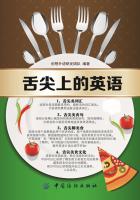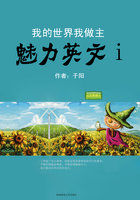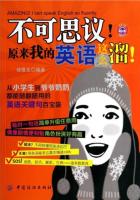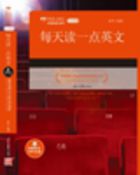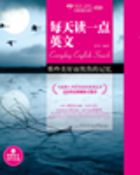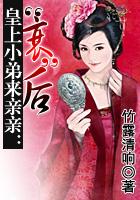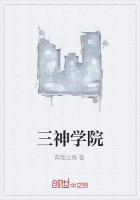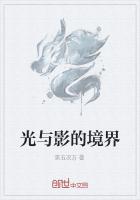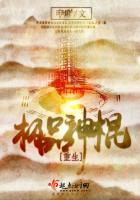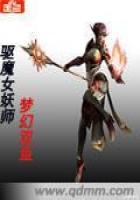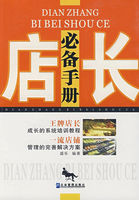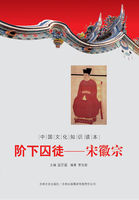204 Whether in any order a good building can be made of bad materials? Or whether any form of government can make a happy State out of bad individuals?
205 What was it that Solomon compared to a jewel of gold in a swine's snout?
206 Whether the public is more concerned in anything than in the procreation of able citizens?
207 Whether to the multiplying of human kind, it would not much conduce if marriages were made with good-liking?
208 Whether, if women had no portions, we should then see so many unhappy and unfruitful marriages?
209 Whether the laws be not, according to Aristotle, a mind without appetite or passion? And consequently without respect of persons?
210 Suppose a rich man's son marries a poor man's daughter, suppose also that a poor man's daughter is deluded and debauched by the son of a rich man; which is most to be pitied?
211 Whether the punishment sh ould be placed on the seduced or the seducer?
212 Whether a promise made before God and man in the most solemn manner ought to be violated?
213 Whether it was Plato's opinion that, 'for the good of the community, rich should marry with rich?' - De Leg. lib. iv.
214 Whether, as seed equally scattered produceth a goodly harvest, even so an equal distribution of wealth doth not cause a nation to flourish?
215 Whence is it that Barbs and Arabs are so good horses? And whether in those countries they are not exactly nice in admitting none but males of a good kind to their mares?
216 What effects would the same care produce in families?
217 Whether the real foundation for wealth must not be laid in the numbers, the frugality, and the industry of the people? And whether all attempts to enrich a nation by other means, as raising the coin, stock-jobbing, and such arts are not vain?
218 Whether a door ought not to be shut against all other methods of growing rich, save only by industry and. merit? And whether wealth got otherwise would not be ruinous to the public?
219 Whether the abuse of banks and paper-money is a just objection against the use thereof? And whether such abuse might not easily be prevented?
220 Whether national banks are not found useful in Venice, Holland, and Hamburg? And whether it is not possible to contrive one that may be useful also in Ireland?
221 Whether the banks of Venice and Amsterdam are not in the hands of the public?
222 Whether it may not be worth while to inform ourselves in the nature of those banks? And what reason can be assigned why Ireland should not reap the benefit of such public banks as well as other countries?
223 Whether a bank of national credit, supported by public funds and secured by Parliament, be a chimera or impossible thing? And if not, what would follow from the supposal of such a bank?
224 Whether the currency of a credit so well secured would not be of great advantage to our trade and manufactures?
225 Whether the notes of such public bank would not have a more general circulation than those of private banks, as being less subject to frauds and hazards?
226 Whether it be not agreed that paper hath in many respects the advantage above coin, as being of more dispatch in payments, more easily transferred, preserved, and recovered when lost?
227 Whether, besides these advantages, there be not an evident necessity for circulating credit by paper, from the defect of coin in this kingdom?
228 Whether it be rightly remarked by some that, as banking brings no treasure into the kingdom like trade, private wealth must sink as the bank riseth? And whether whatever causeth industry to flourish and circulate may not be said to increase our treasure?
229 Whether the ruinous effects of Mississippi, South Sea,1 and such schemes were not owing to an abuse of paper money or credit, in making it a means for idleness and gaming, instead of a motive and help to industry?
230 Whether the rise of the bank of Amsterdam was not purely casual, for the security and dispatch of payments? And whether the good effects thereof, in supplying the place of coin, and promoting a ready circulation of industry and commerce may not be a lesson to us, to do that by design which others fell upon by chance?
231 Whether plenty of small cash be not absolutely necessary for keeping up a circulation among the people; that is, whether copper be not more necessary than gold?
232 Whether that which increaseth the stock of a nation be not a means of increasing its trade? And whether that which increaseth the current credit of a nation may not be said to increase its stock?
233 Whether the credit of the pubic funds be not a mine of gold to England? And whether any step that should lessen this credit ought not to be dreaded?
234 Whether such credit be not the principal advantage that England hath over France? I may add, over every other country in Europe?
235 Whether by this the public is not become possessed of the wealth of foreigners as well as natives? And whether England be not in some sort the treasury of Christendom?
236 Whether, as our current domestic credit grew, industry would not grow likewise; and if industry, our manufactures; and if these, our foreign credit?
237 Whether foreign demands may not be answered by our exports without drawing cash out of the kingdom?
238 Whether as industry increased, our manufactures would not flourish; and as these flourished, whether better returns would not be made from estates to their landlords, both within and without the kingdom?
239 Whether the sure way to supply people with tools and materials, and to set them at work, be not a free circulation of money, whether silver or paper?
240 Whether in New England all trade and business is not as much at a stand, upon a scarcity of paper-money, as with us from the want of specie?
241 Whether it be certain that the quantity of silver in the bank of Amsterdam be greater now than at first; but whether it be not certain that there is a greater circulation of industry and extent of trade, more people, ships, houses, and commodities of all sorts, more power by sea and land?

